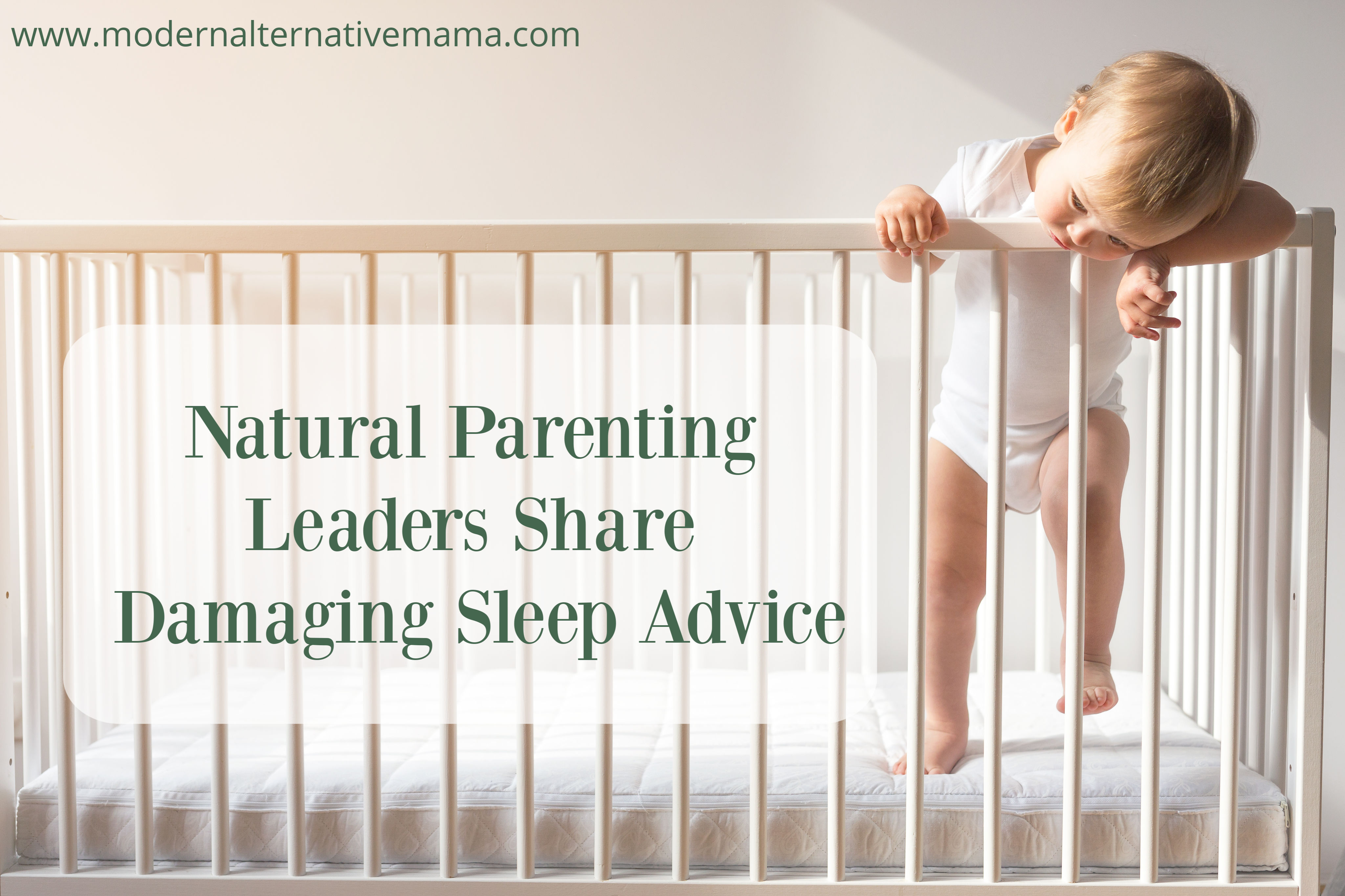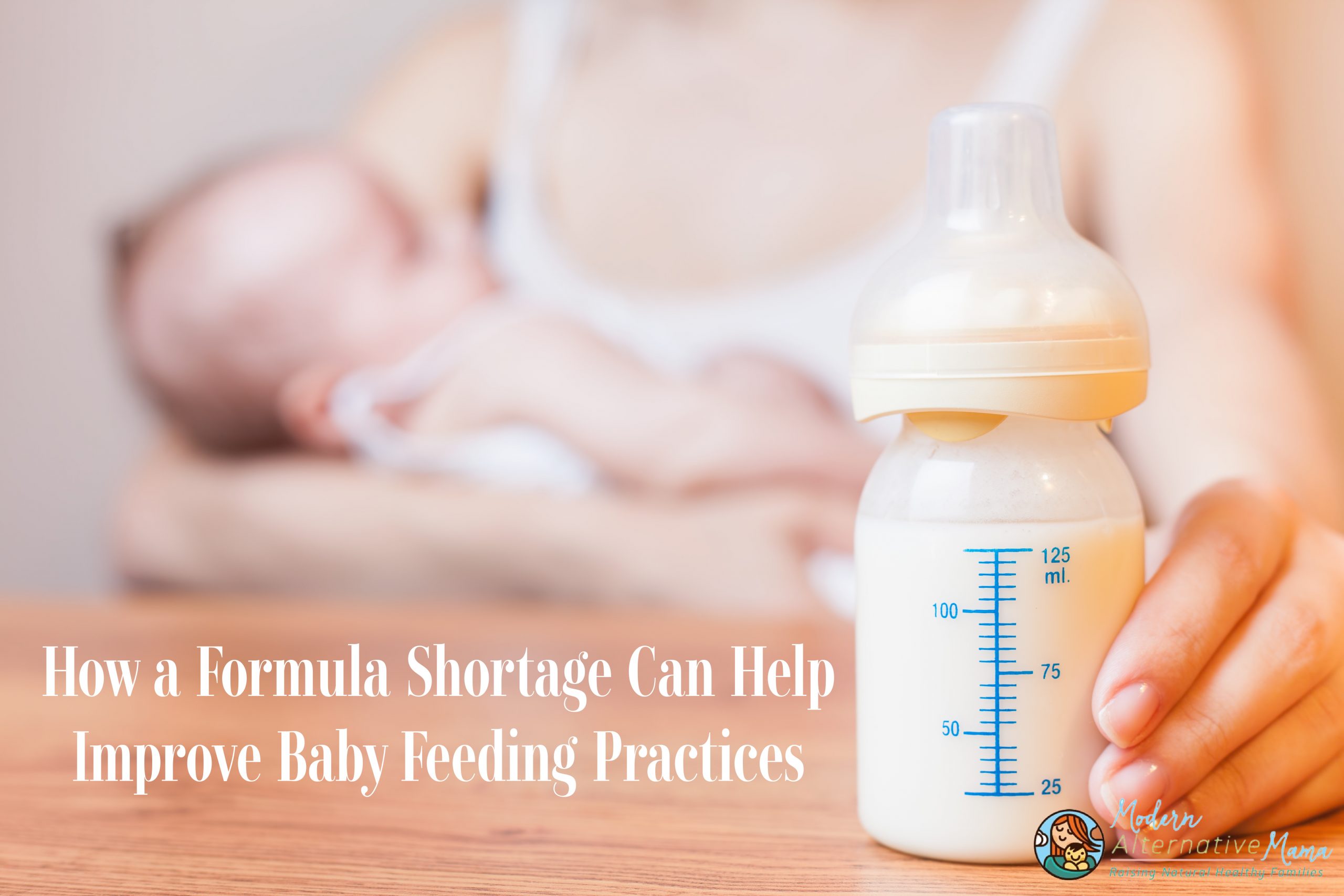A couple weeks ago, my sixth baby was born, and I’ve been breastfeeding a newborn again.
Two days after his birth (you can read the story here), the midwife came for our first postpartum visit. She asked how breastfeeding was going.
I shrugged and said, “He’s doing okay. He’s learning. He can latch well, but doesn’t always do it right. I figure it usually takes about five to seven days for them to learn, so I’m not concerned.”
She was happy with that. She said “You’re right. First time moms worry so much, but it does take some time.”
As we went through the next couple of weeks…I remembered that a lot of the things that happen while breastfeeding a newborn are worrisome to new moms. They feel like this or that isn’t “normal” or that they’re failing and will have to give up. In many of these cases, things are actually just fine.
But, well-meaning people give poor advice and scare new moms even more, which can lead to stress, unnecessary supplementing, and ultimately sabotaging a breastfeeding relationship that would have been fine.
That’s seriously sad. There should be no cases of women who want to breastfeed and are physically able to do so, who fail because of bad information.
With that in mind, I’m going to tell you all the things about breastfeeding a newborn that no one ever tells you.

What No One Tells You About Breastfeeding a Newborn
While I was attempting to write this post, my newborn woke up from a nearly 4-hour nap…and wanted to nurse every.5.minutes for a solid hour. Now, he’s asleep on my chest.
That’s just one of the weird — and normal! — things that newborns do. Erratic feeding patterns. (Breastfeeding a newborn is fun! Haha….)
So, let’s dive in!
Secret #1: Erratic Feeding Behavior
Just like adults, newborns aren’t hungry on a predictable schedule. In fact, when it comes to newborns, forget the word “schedule” all together! Newborns are not predictable and they aren’t supposed to be.
It’s actually totally normal for newborns to sleep for an hour, or two, or three…then want to nurse every 10 – 15 minutes for awhile. Or vice versa, nursing frequently first and then sleeping.
It’s really very normal for babies to feed very erratically! And it does not mean there is anything wrong with your milk supply!
Some babies will feed every 30 min. for a couple hours…then wait an hour or two…then feed every hour for a few hours…then sleep a few hours…feed every 20 minutes, then sleep an even longer stretch….
Put the clock away, stop worrying that baby is nursing “too often” or “not often enough.” Really. Breastfeeding a newborn is just weird sometimes, and it’s okay.
When it’s a Problem
If a newborn is nursing every 20 – 30 minutes *around the clock* with no decent sleeping stretches, seems unsatisfied after feeding all the time, only attempts to nurse very briefly (for a minute or two only) but keeps wanting to try frequently — these are all potential signs of a problem.
These could mean baby isn’t latching well, that baby has a lip/tongue tie that’s preventing him/her from transferring milk effectively, or that there is an actual supply issue.
A lack of some sleep stretches in between frequent nursing sessions is a red flag. Frequent nursing with longer sleeping stretches generally isn’t.
Secret #2: Latching Isn’t Perfect
Of all my babies, just one latched on perfectly at birth and never had an issue after. The other five all needed some time to learn, generally in that 5 – 7 day window. Some were a bit faster, and my oldest was much slower — because I didn’t know what I was doing and I didn’t ask for help.
Babies need some help learning how wide they have to open their mouths. And, a baby who latches well when they’re awake and very hungry (which proves they can) may not latch well when they’re very sleepy. It’s not uncommon for a baby to latch “inconsistently” in the first several days!
My current newborn latched very well when wide awake, but the sleepier he was, the less well he latched. We went through a phase where, at night, he would nuzzle and root at me…but not even open his mouth! It took him awhile to decide he was really hungry enough to wake up a bit more and open his mouth to latch.
This inconsistent latch can lead to sore nipples…even for moms who’ve breastfed a lot of other babies, and even for moms who are still nursing a toddler! It’s a total lie that “breastfeeding should never hurt.” It’s going to take that first week of breastfeeding a newborn for your nipples to adjust to constant use, plus if baby’s latch isn’t always right, that will cause some soreness too. This is okay and it won’t last.
When It’s a Problem
If baby is not latching well ever…that’s a problem. Look at baby while s/he is nursing often in the first few days. Lips should be flanged out, not curled under. Mouth should be open very wide, so baby gets a good mouth full of the areola along with the nipple itself. It will (and should) always hurt if baby clamps down on the nipple alone!
If your baby is consistently latching poorly, then it’s time to call for some help. An IBCLC can help your baby learn to latch, and s/he should be assessed with lip/tongue ties also.
Just remember it does take a few days for even a healthy/normal newborn to do things right all the time, so don’t worry if baby latches correctly sometimes and not others.

Secret #3: Breast Fullness Doesn’t (Really) Matter
At a week postpartum, my breasts were so full that they were sore and I had to ask my still-nursing toddler to help out after the newborn was finished!
But then at 10 days…my breasts seemed so empty. What happened?!
It’s a growth spurt, mamas. Breast fullness changes from day to day or even hour to hour, depending on how frequently your newborn nurses and a variety of other factors. It’s especially likely that your breasts will feel not-so-full during growth spurts, which occur pretty frequently in the early weeks (10 days, 3 weeks, 6 weeks, 3 months, and so on).
Don’t worry about how your breasts feel when breastfeeding a newborn. And don’t worry if your baby wants to nurse more often when your breasts feel less full — this, too, is normal during growth spurts.
When it’s a Problem
If your breasts never seem more full than they are in the first couple days postpartum (before your milk comes in), this may indicate a problem.
More importantly, pay attention to your baby. Is s/he swallowing regularly while nursing? (If no, that’s an issue.) Is s/he gaining weight after a few days? (If no, that’s an issue.) Is s/he having enough wet/dirty diapers? (Should be 1 each on day 1, 2 on day 2, and 4 – 6 each per day after day 4.)
When breastfeeding a newborn, baby’s signs are way more important than how your breasts feel. If there is a concern that your milk may not have come in, then the first step is to see if it is a “baby” issue (if baby is not latching well or has a lip/tongue tie, that can mean your breasts aren’t getting enough stimulation and that may delay your milk coming in), or if it is a “mama” issue (if your milk cannot/will not come in for some reason). If it’s a ‘baby’ issue, see a qualified practitioner to address the situation. But if it’s a ‘mama’ issue, then look into galatagogues to promote milk supply, and consider supplementation if you cannot produce.
Secret #4: Baby is Fussy or ‘Weird’ While Nursing
Sometimes, babies act weird while nursing. During the growth spurt, mine had trouble in the evenings, popping on and off frequently, constantly rooting, but seeming unhappy when he was on the breast.
I figured out that he was actually not hungry anymore, and was annoyed that he was still getting milk when he only wanted comfort! (He soon learned to suck very lightly or latch and not suck at all if he wanted comfort but not milk.)
Babies may behave this way at the breast because they are tired and want to comfort nurse but don’t want more milk. They may behave this way because they are uncomfortable lying the way they are and need to change position. They may have a wet or dirty diaper and not want to nurse until it’s changed! Baby may even just need a burp before getting back to eating.
There are all kinds of reasons why a baby may pop on and off, and many of them are no big deal. Especially if the fussy or ‘weird’ behavior is random, not frequent.
When It’s a Problem
If baby latches on…then pops off and cries or seems to choke, you may have a fast letdown (just pop baby off for a minute and catch the milk in a container or towel, then put baby back on).
If baby latches on and nurses for a few minutes…then arches back and cries, this may indicate that s/he is allergic to something in your milk. A diet change may help.
If baby isn’t latching well and is fussy, this could indicate a lip or tongue tie.
Fussiness accompanied by frequent spitting up, projectile vomiting, green poop, diaper rash, or eczema do indicate a problem. Talk to someone who knows breastfeeding to help you solve the issue (may be a combination of factors).

What to Expect From Your Breastfed Newborn
Nothing.
Seriously, though…newborns are brand-new to the world and don’t have a clue what they’re doing. They literally have no concept of ‘wants,’ only needs. They let you know what they need as soon as they realize they need it.
Speaking of which, the better you learn your baby’s cues, and the faster you can respond to them, the better. If you notice early signs like waking/becoming active, chewing on hands or rooting at blankets, frowning/squirming uncomfortably, pick your baby up immediately and offer a snuggle, a breast, or a clean diaper. The faster that you can help them stay comfortable and happy, the calmer your baby will be.
With each baby I’ve understood cues better, have held babies more, and have responded more quickly. And, I’ve had more peaceful, happier babies. They rarely cry (they don’t need to) and even as they get older, they are less demanding, more cheerful, and more independent.
You cannot ‘spoil’ your baby by holding them constantly and responding quickly. It is impossible! Ignore anyone who tells you otherwise.
But back to the topic of breastfeeding a newborn…just respond to your baby’s cues. You cannot breastfeed too frequently or for too long during each ‘session’ when they are newborns (or, really, ever). Every time they breastfeed, they are telling your body what they need. When women try to put newborns on a ‘schedule’ and make them wait a couple hours in between feedings, or try to limit them to a certain number of minutes per side, they are giving their bodies the wrong signals, which can cause milk production to be delayed or lower than it should. So yes…even if baby wants to nurse every 10 minutes for a solid 12 hours (which one of my babies did on his first couple days), do it.
Babies cluster feed, they have fussy times, they go through growth spurts, they behave oddly. It’s just par for the course with newborns. Don’t let normal newborn behavior worry you!
When to Ask for Help
First of all, if you have any concerns at all, ask for help. Even if baby’s behavior is actually normal, ask lots of breastfeeding moms and an IBCLC if what your baby is doing is normal. Get multiple opinions…because you don’t want to miss a real red flag, but you also don’t want to take advice from someone who pushes formula right away.
The following signs may indicate a real problem, and deserve following up:
- Lack of weight gain/slow to gain
- Large weight loss at birth (more than 10%)
- Constant nursing without long sleep stretches/never seeming satisfied
- Frequent fussiness at the breast or after eating
- Lack of wet/dirty diapers
- Baby seems dehydrated (skin is dry, ‘pinched’ doesn’t snap back immediately)
- Baby is lethargic/unresponsive/does not rouse easily
- Lack of swallowing while eating
- Frequent diaper rash
- Consistent poor latch (or constant pain while nursing that is getting worse, not better)
Even if you do have these issues, try to solve them while still breastfeeding. A tongue or lip tie revision, craniosacral or chiropractic adjustments, or diet changes can fix most of these. Only in rare cases will it happen that, in the long run, a mom cannot breastfeed.
If your baby is starving now, then get a breast pump and try to feed your baby pumped milk in a bottle, syringe, or using an SNS system. If you do not respond to a pump, get donor milk if available. Of course, your baby’s health is first, so use formula if you need to feed your baby and there are still issues to solve.
Formula does not have to ruin your breastfeeding experience. I pumped for my first baby, and also supplemented with formula for six weeks, while we solved latching issues. But we did figure it out, we did go back to the breast, and we went on to nurse for over 4 years. You can find a way to make breastfeeding work even if you need to feed your baby using alternatives for awhile.
I hope this info is helpful to new moms out there!







Thanks so much for this post! I’m a first-time mom with a little girl of nearly three months, and I really missed this type of realistic explanation of what it’s like. Way too often I hear of mothers stopping within a month, often because it is more difficult than they expected. Or so I assume. So thank you for explaining the range of behaviours to expect:)
This is very useful and honest- thank you.
Great article for my first grandchld and daughter. Thank you. Can you recommend a breast pump, please?